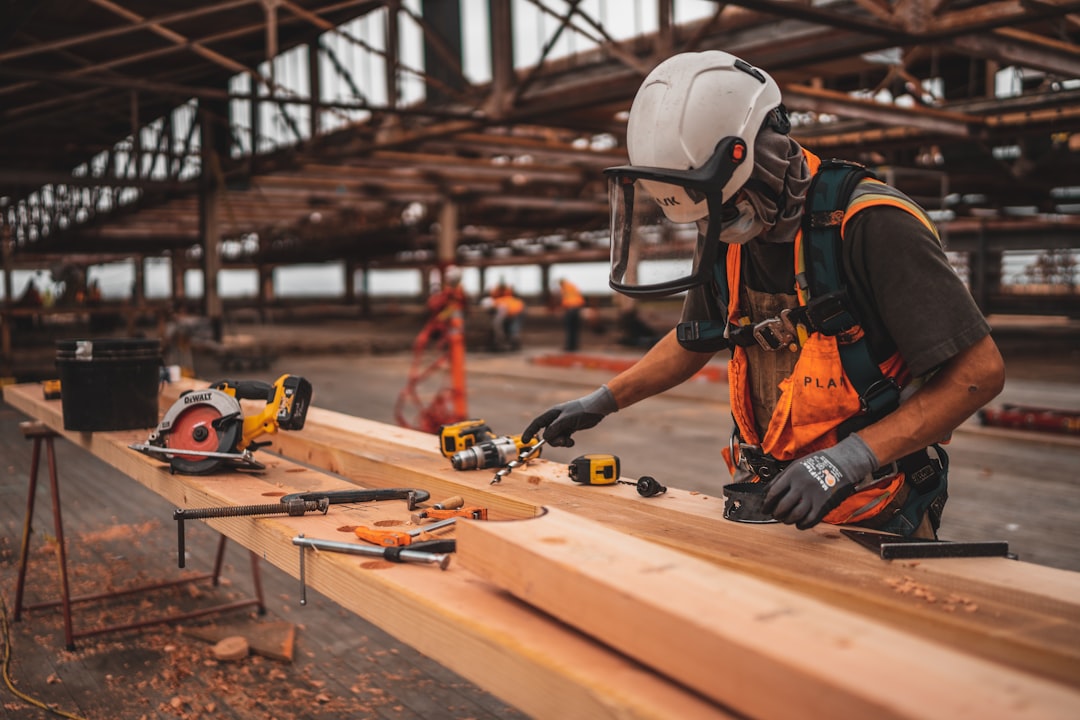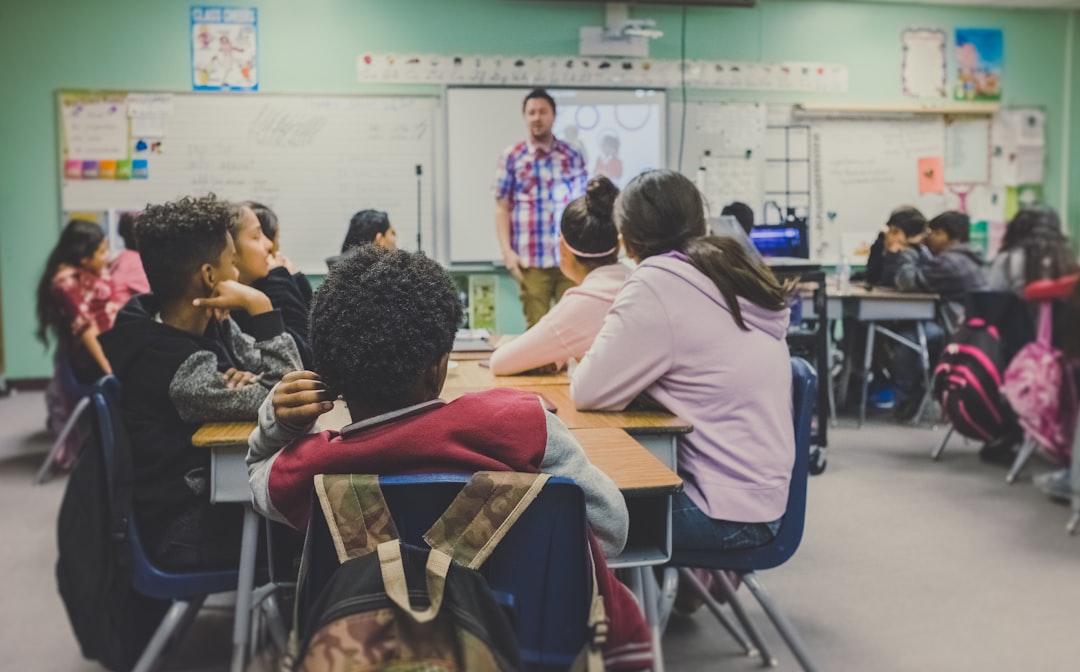In emergencies where every second counts, the importance of medical response training cannot be overstated. Whether it’s a car accident, natural disaster, or sudden medical crisis, trained individuals can provide immediate, life-saving care before professional help arrives. This type of training equips people with the knowledge and confidence to act effectively and decisively when it matters most.
Medical response training covers a broad spectrum of skills, from basic first aid and CPR to more advanced trauma care and emergency preparedness. Participants learn to assess situations quickly, stabilize patients, and communicate vital information to emergency responders. These skills not only save lives but also reduce the severity of injuries and improve recovery outcomes.
This training isn’t limited to healthcare professionals. More communities and organizations are encouraging everyday citizens to become trained responders. Schools, workplaces, and civic groups increasingly offer programs to empower individuals to take action in crisis situations. By building a network of trained citizens, communities become more resilient and capable of managing emergencies until professional responders arrive.
One of the key benefits of medical response training is its adaptability. Courses can be tailored to different environments, such as schools, industrial settings, or remote areas where medical help may be delayed. This flexibility ensures that the training is relevant and practical for the specific risks and needs of each group.
In addition to practical skills, these programs often emphasize psychological readiness. Responders learn how to manage stress, maintain focus, and offer reassurance to those affected. These emotional competencies are crucial in chaotic or traumatic scenarios, where calm and clarity can make a significant difference.
Organizations that invest in this type of training often see improved safety outcomes and a stronger sense of community. Employees feel more secure knowing their workplace is prepared for emergencies, while community members gain confidence in their ability to help others. For more information on how to get involved or find programs near you, visit the official site for emergency preparedness resources.
Ultimately, medical response training is about more than just learning procedures. It’s about cultivating a mindset of responsibility and preparedness. As disasters and public health emergencies continue to challenge communities, the value of having trained responders on hand becomes increasingly clear. With the right training, anyone can be a vital link in the chain of survival.








